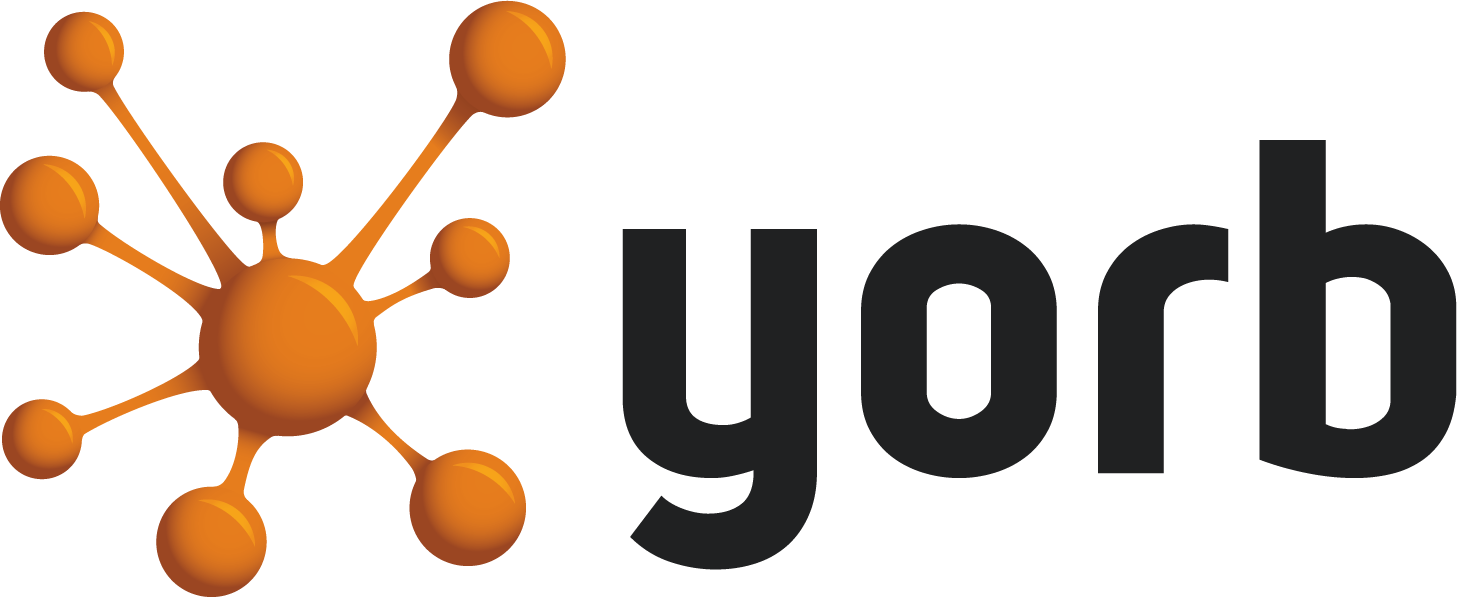
Digital marketing
It's time to shine online.
The web is the first place most people will look for a company, service or product. So, if you’re hard to find, make a poor first impression, or deliver a lacklustre customer experience, you could be sunk before you’ve even started.
0.05
It only takes a user 0.05 seconds to form an opinion about your website
88%
88% of users won’t return to your site after a bad experience
75%
75% of consumers admit to making judgements on your credibility based on your website design
61%
61% of users say if they don’t find what they’re looking for in about 5 seconds, they’ll move on

Want to stay ahead of the pack? The good news is that you don’t have to go it alone.
If you’re feeling daunted about raising your online presence, don’t be. Yorb has the experience and expertise to help you take your business to the next level, generate leads, increase website traffic, and grow online. And we offer a range of strategic digital packages to meet your needs and budget.
Choose a digital marketing package to suit your needs
Yorb Boost – add some professional oomph to your business
The all-in-one website design and organic search engine optimisation package! Along with all the tools you need to keep your website fresh and current.
At a glance:
-
Fixed monthly fee
-
Website design and build
-
Content management system
-
Content writing
-
On-page optimisation
-
Link building and directory listings
-
Organic Search Engine Optimisation (SEO)
Yorb Accelerate – double down on driving business growth
Imagine coupling Pay-per-click ads with your SEO efforts. You're not just expanding your digital footprint; you're zeroing in on business leads like never before. With pay per click (PPC), you can reach your target audience precisely and efficiently.
At a glance:
-
Fixed monthly fee
-
Website design and build
-
Content management system
-
Content writing
-
On-page optimisation
-
Link building and directory listings
-
Organic Search Engine Optimisation (SEO)
-
Pay per click advertising management
Yorb Amplify – make your mark, everywhere your prospects are
Take your online presence to the next level. From expert website design and top-tier organic search engine optimisation (SEO), to comprehensive pay-per-click (PPC) management and social media management, Yorb Amplify has you covered.
At a glance:
-
Fixed monthly fee
-
Website design and build
-
Content management system
-
Content writing
-
On-page optimisation
-
Link building and directory listings
-
Organic Search Engine Optimisation (SEO)
-
Pay per click advertising management
-
Social media management
Yorb Elite – grow, expand, refine, and engage like never before
Yorb Elite is the ultimate digital marketing package that takes care of your entire online presence, allowing you to focus on what you know best - your business. With Yorb Elite, you get everything you need to grow and expand your online presence, all in one place.
At a glance:
-
Fixed monthly fee
-
Website design and build
-
Content management system
-
Content writing
-
On-page optimisation
-
Link building and directory listings
-
Organic Search Engine Optimisation (SEO)
-
Pay per click advertising management
-
Social media management
-
Email marketing
-
Monthly blogging
-
Retargeting advertising
Umm, which package do I need?
We know that unless you work with digital marketing every day, it can be hard knowing what you need to get your business to where you want it to be. And that makes it tough choosing the right package.
So, we’ve written this handy eBook to take you through the basics (what’s a content management system?) to the complex (retargeting like a pro) – in plain language.

